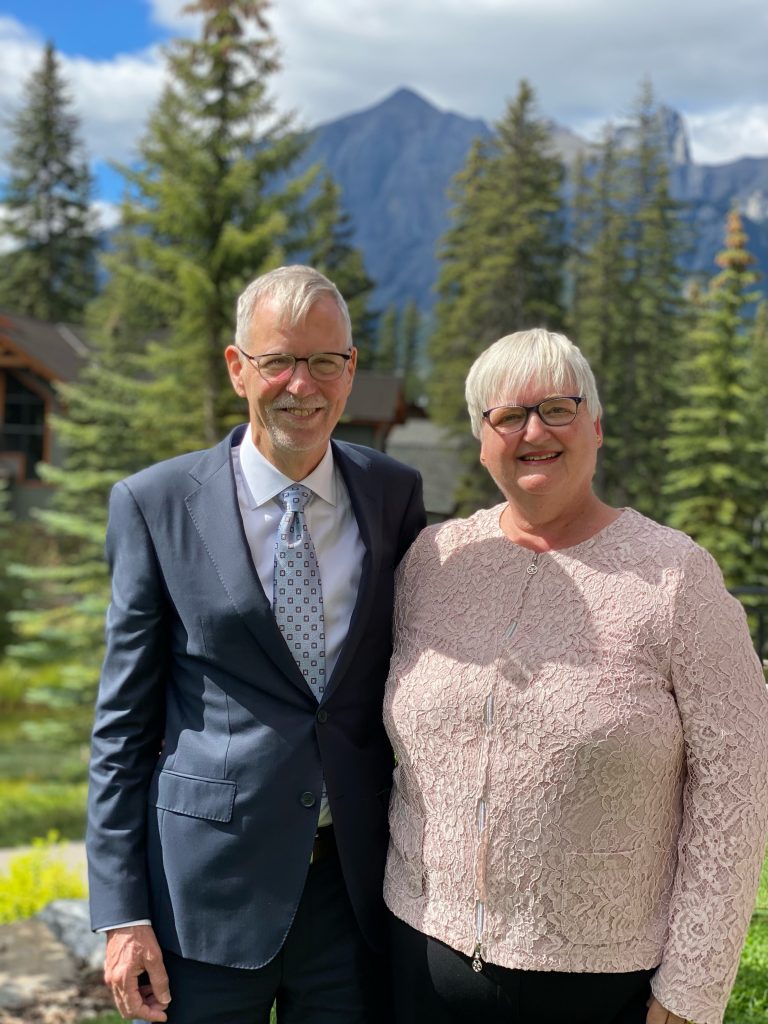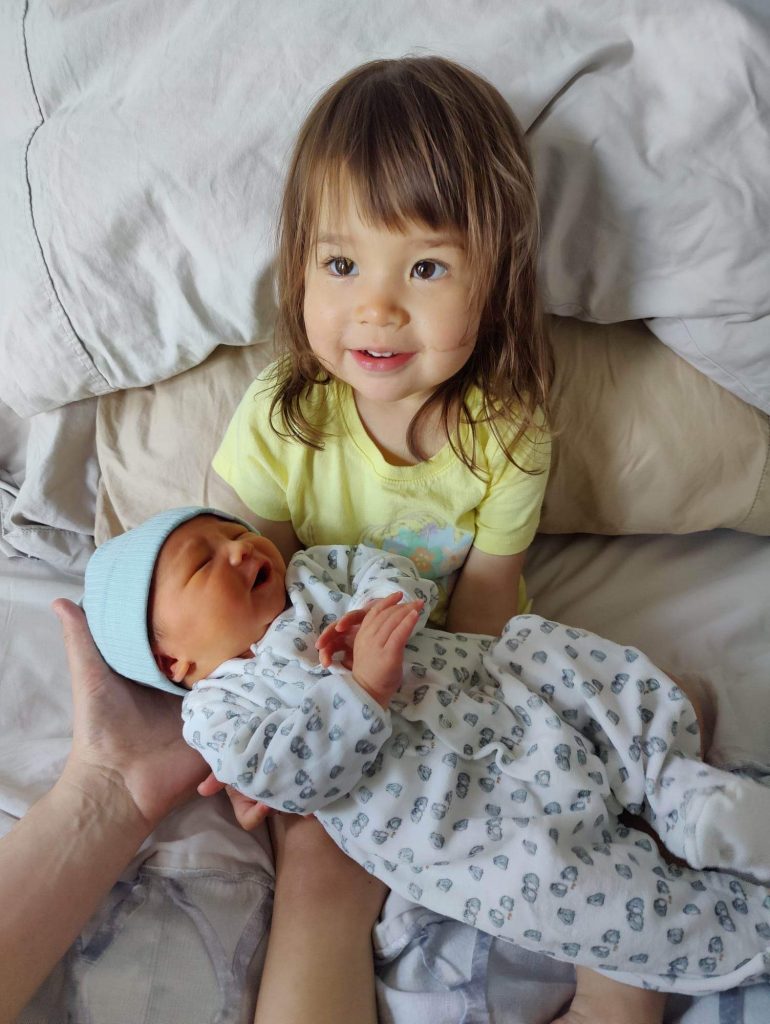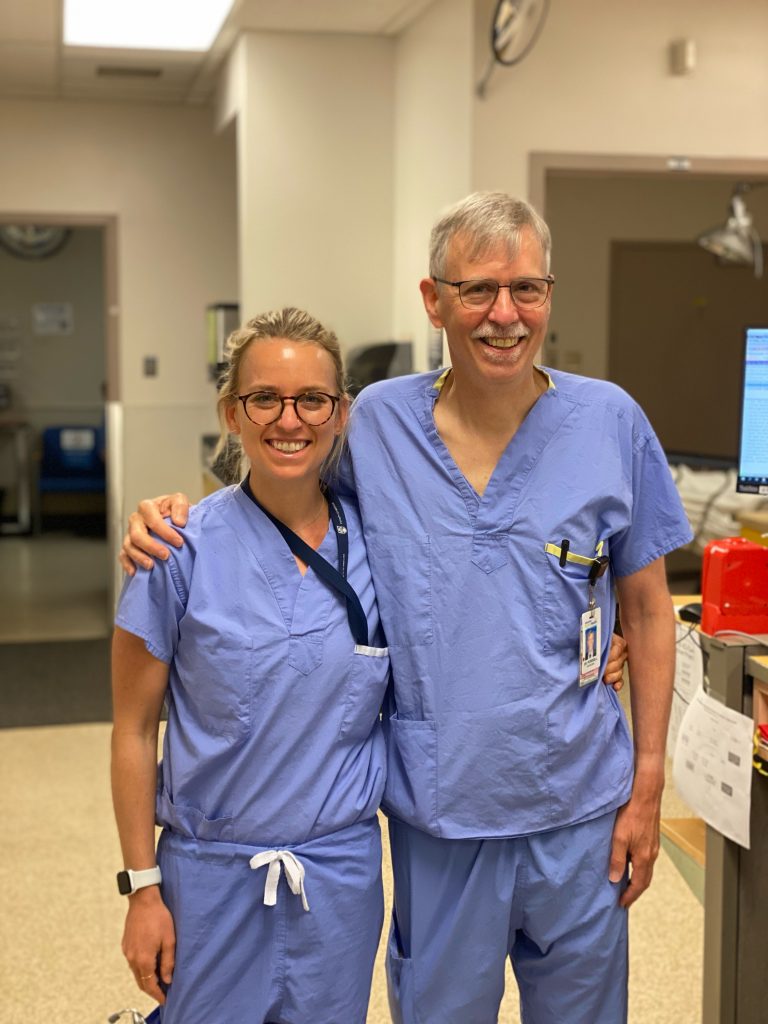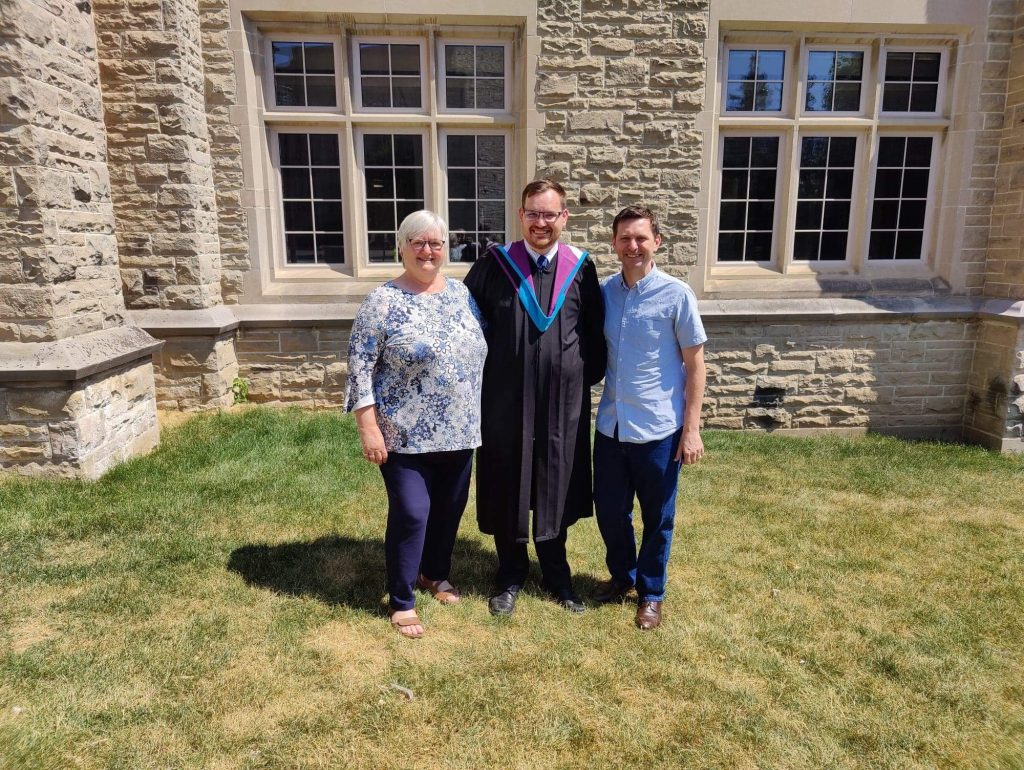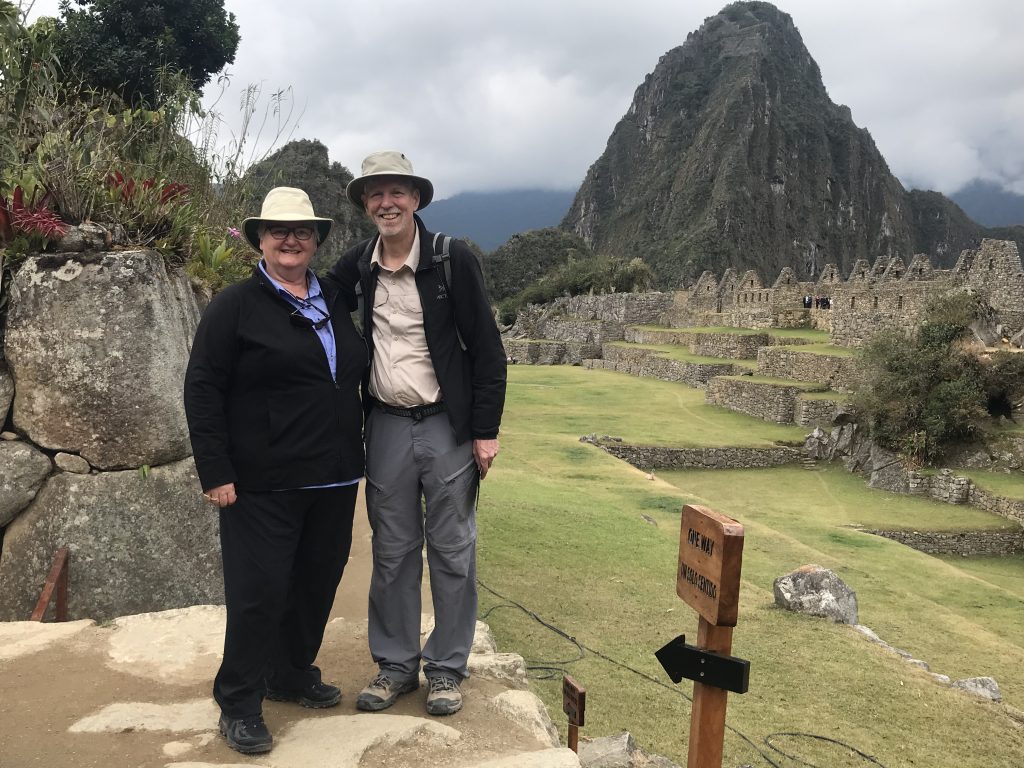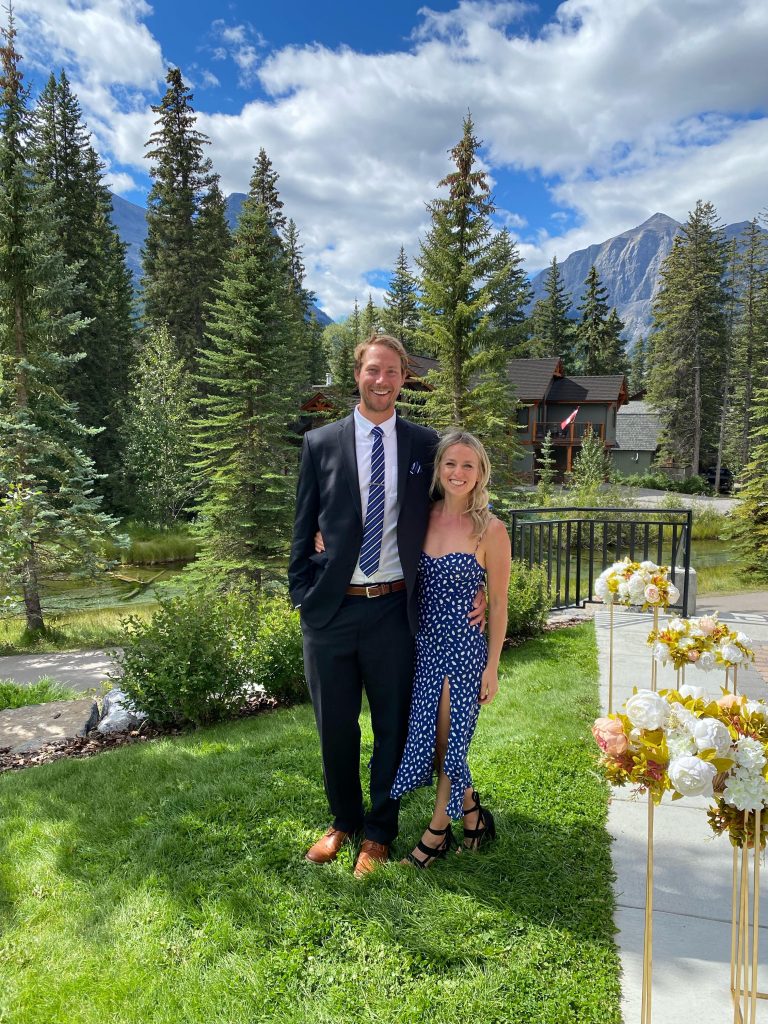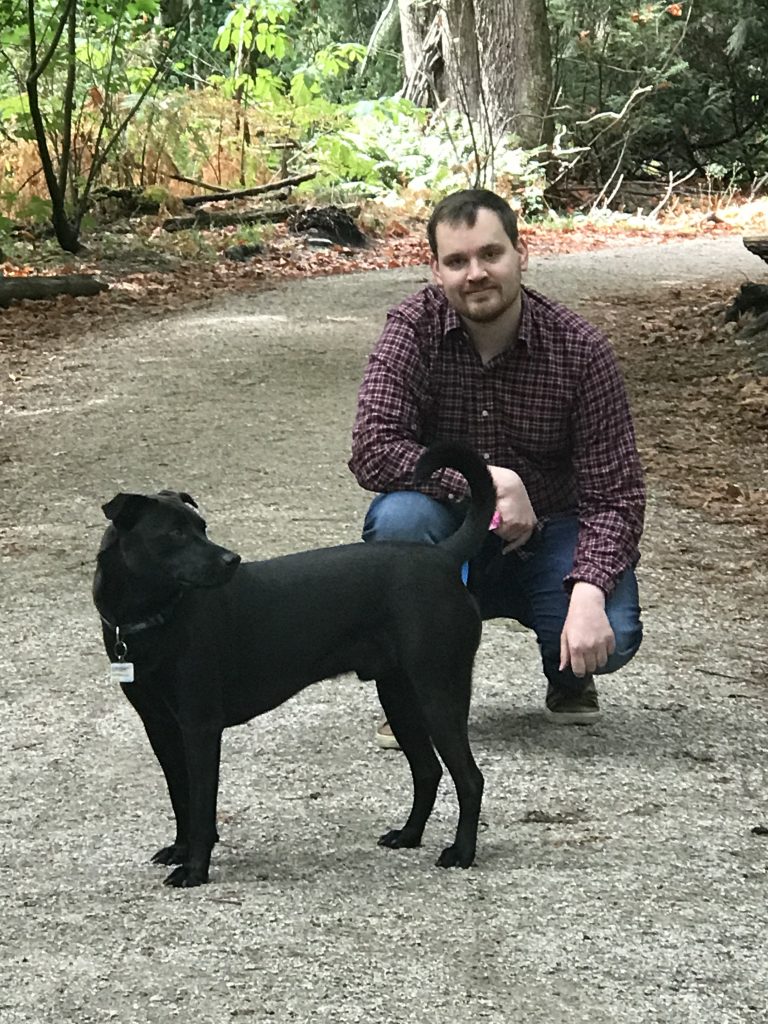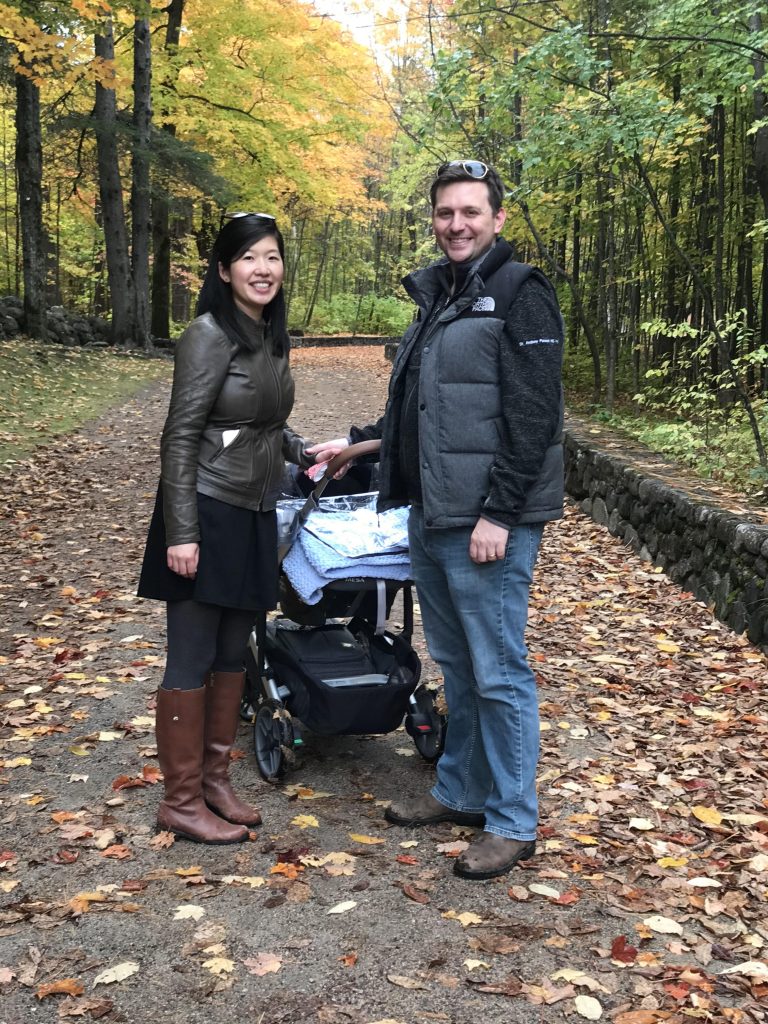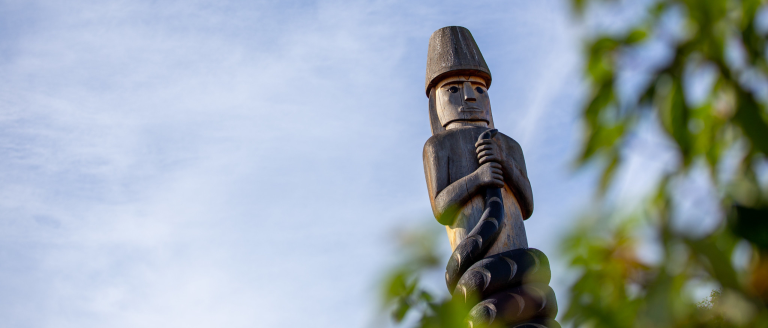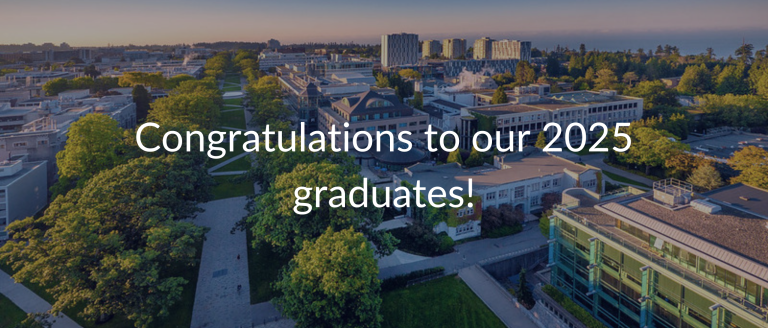With the July 2023 UBC Department of Emergency Medicine (DEM) Faculty Spotlight, we highlight our Interim Co-Head, Dr. Roy Purssell. As his term will end when a new Department Head is named in late 2023, this special edition shines a spotlight on his journey to emergency medicine. Thank you to Dr. Purssell for his contributions as co-head of the Department since 2021, and for his commitment to emergency medicine!
Roy Purssell, Co-Head (Interim) and Professor with UBC’s Department of Emergency Medicine
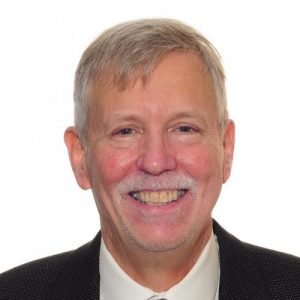
Can you share a little bit about your educational background and journey, and how you got to where you are today?
I completed my medical degree at UBC, and then my fellowship training in emergency medicine at McGill University. At that time, there were only two Royal College of Physicians and Surgeons of Canada (RCPSC) training programs in emergency medicine in the country. I completed my certification exam in emergency medicine in 1983, the first year it was available, and I am the 38th person in Canada to have received this certification.
In addition to my role as co-head of the UBC Department of Emergency Medicine, I am currently the medical lead of the BC Drug and Poison Information Centre. I trained in medical toxicology in San Francisco, Denver, Calgary and New York and obtained certification in the Subspecialty of Medical Toxicology from the American Board of Emergency Medicine.
I was born and raised in BC and had always wanted to return to Vancouver after medical school. I spent a lot of time outdoors when I was growing up and find the beautiful mountain and ocean views to be spectacular. Following my medical training, I began my practice at Vancouver General Hospital (VGH) and Shaughnessy Hospital. I have practiced at VGH for my whole career. Both UBC and VGH are very dynamic places that have given me the opportunity to work with really talented people and constantly adapt the way we practice based on the latest evidence and literature.
What inspired you to work in emergency medicine?
As a third-year medical student, I had the chance to spend time with physicians in the emergency department (ED). During my time there, I saw patients with a variety of serious conditions and realized that a wide range of knowledge was required to work in the ED. This struck me as being both an interesting and important place to work.
I decided to go into emergency medicine because I wanted to be able to take care of patients with any sort of medical problem. There are many patients who have multiple medical, psychiatric and social problems and get much or all of their medical care in the ED. Everyone you encounter in the ED is having significant difficulties and some patients are in crisis. It a privilege to help people who have such profound and serious needs.
What are you most proud of?
I am proud of the emergency medicine residents, and the residency program itself. I co-founded the RCPSC-EM program at UBC with Dr. Victor Wood, and served as the program director from 1987 until 1993. The program was created out of a recognition that there was a need for specialized training for this tough type of practice. In the beginning, we had just one resident. Now 13 residents graduate every year. I am so proud of the great care and wonderful work provided by all of our residents.
I also played a central role in the formation of the UBC Department of Emergency Medicine. The creation of the Department in 2008 has greatly enhanced our ability to educate learners at all levels, and to complete research that will change the way emergency medicine is practiced. Many faculty members in the Department are making major contributions in teaching, research and provision of care that have a huge impact on the care of emergency patients in BC.
I am also proud of the research I have done. I have completed important impaired driving research and have worked with MADD Canada and Doctors of BC, supporting the crafting and passage of federal and provincial legislation to address impaired driving. Since these laws were passed, the number of people dying due to impaired driving has continued to decrease. In recognition of my contributions, I was awarded the Queen Elizabeth II Diamond Jubilee Medal in 2012, and I also received an Award of Recognition from Doctors of BC in 2019.
I am continuing to work with many incredibly talented and dedicated colleagues completing research on the emergency response to overdose. It is our hope that this research will make inroads to address the terrible tragedy of deaths caused by toxic drugs.
Throughout my career, I have been interested in creating change that will ultimately help people, and I’m proud to have received the acknowledgement from others that this important work has made a difference.
However, I am most proud of my family. We all work in professions taking care of people. My wife recently retired after a career as an ICU Nurse at VGH. My older son is an infectious disease specialist. His wife is an obstetrician/gynecologist. My daughter is an emergency physician at the Royal Columbian Hospital. She also takes care of trauma patients at Abbotsford Hospital. My younger son has a Master’s degree in public administration and works for Community Living BC.
What impact would you like to see your work have on patients, communities, and society at large?
It is important to set the ground work for important research in the areas of impaired driving and overdose deaths caused by toxic drugs. I want to continue to encourage emergency physicians and researchers to continue the important work in these areas to reduce these terrible tragedies.
I have been fortunate to collaborate with and mentor many wonderful students, residents and colleagues who have gone on to do great work in emergency medicine as physicians, instructors and researchers. This includes Dr. Jeffrey Brubacher who, with his team, is doing outstanding, high-profile traffic safety research. Dr. Jessica Moe and her team are also doing incredibly important work in developing and evaluating emergency department and community-based interventions for people who use substances. Our residents are also doing excellent work, and it’s wonderful to have a program to provide specialized training and opportunities for those interested in emergency medicine.
What excites you most about your work?
I enjoy taking care of patients and find it gratifying to help people. Sometimes we can make a huge difference in a patient’s outcome, and sometimes we can only try to provide as much comfort and support as possible. I also find it really gratifying to be able to complete research that changes the way medicine is practiced.
What is one piece of advice that you would give to current trainees?
You are starting practice at a very challenging and very important time. You will have very difficult emergency shifts. We don’t have enough doctors to take care of all the patients who need care in reasonable length of time. You will be tired. However, it is important to remember that we need you. The citizens of BC need you. Also, the health care system will need to change so we can cope with all the people that need care. You will play a vital role in this transition of the emergency health care system.
Thank you for what you’re doing, I’m sorry it’s so hard, but it’s so important. Do what you can, and recognize that you have to take care of yourself.
When you’re not working, where can we find you?
I love spending time outdoors, especially with family. I really like hiking and skiing, both in resorts and in back country in the mountains in BC. I like backcountry skiing at Sol Mountain in the Monashee Mountains. Garibaldi Park is also a special place to me and my family. My daughter is also an emergency physician, and the day after her last day of training we celebrated by hiking to Tunnel Bluffs above Howe Sound.
My wife and I enjoy travelling and have had the opportunity to see many beautiful places in the world including the Galapagos Islands, Peru, Botswana, Australia and Iceland as well as visiting many spectacular places in BC. We have two young grandchildren, and we enjoy travelling to Ontario to spend time with them.
